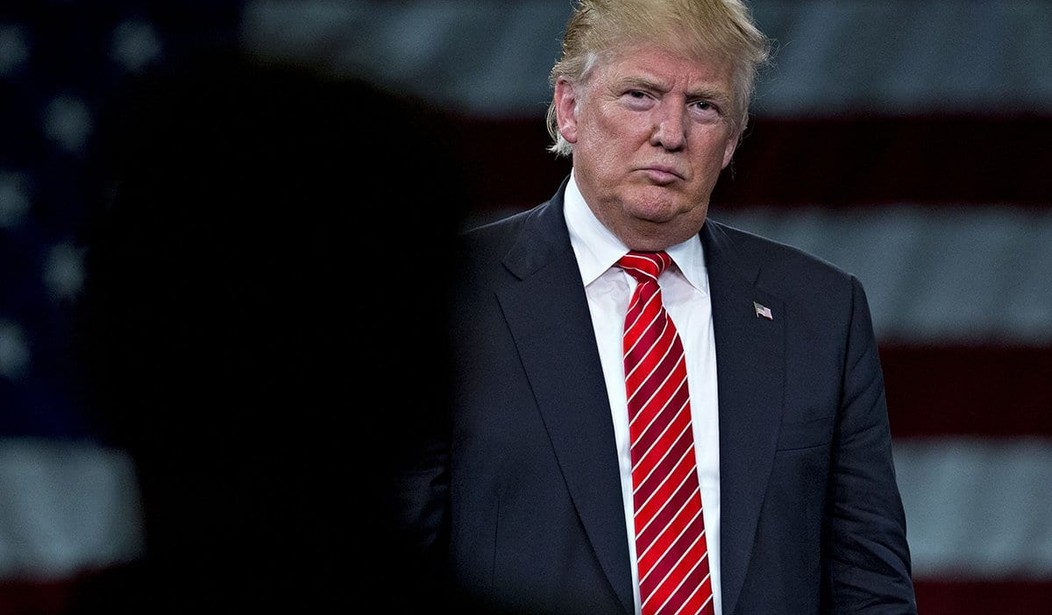Two parties, whether individual or corporate, each have something that the other needs. If they agree to a mutually beneficial trade, then each walks away better off than they were before. As a general rule, assuming no fraud or coercion, no one agrees to a trade which leaves them worse off than they were before. This applies to trade between nations as much as to trade between next-door neighbors.
With that in mind, when Donald Trump claims that trade deals like NAFTA and TPP should be renegotiated or abandoned, we should ask why. There may in fact be good reasons to reexamine these deals. For instance, the theft of intellectual property by the Chinese presents a serious problem and remains antithetical to the concept of free trade. However, Trump does not appear to be aiming for free trade as an end. He appears to be aiming for a kind of economic protectionism bordering on isolation. He seems intent to erect a figurative wall around the entire country, built from tariffs and prohibition rather than brick and mortar. Such isolation will make the United States poorer than it would otherwise be.
Imagine if your neighbors banded together and walled off your block, eliminating free trade with the outside world. Would you be better off, or worse?
Obviously, you would be worse off. The prosperity of a free society emerges from its division of labor among a diverse array of individuals with distinct and specialized skills. If you could not trade freely beyond your block for food, clothing, and other resources, you would have to produce them for yourself among your tiny group of neighbors. Whatever skills and resources were available on your block would be all you had available to you. You would become unquestionably poorer than if able to trade beyond the wall.
The same applies on an international scale. The United States will not be better off if we deprive ourselves of the value available in foreign markets. As the U.S. Chamber of Commerce has said in response to Trump’s trade plan, “we would see higher prices, fewer jobs, and a weaker economy.” It would be a terrible mistake.









Join the conversation as a VIP Member